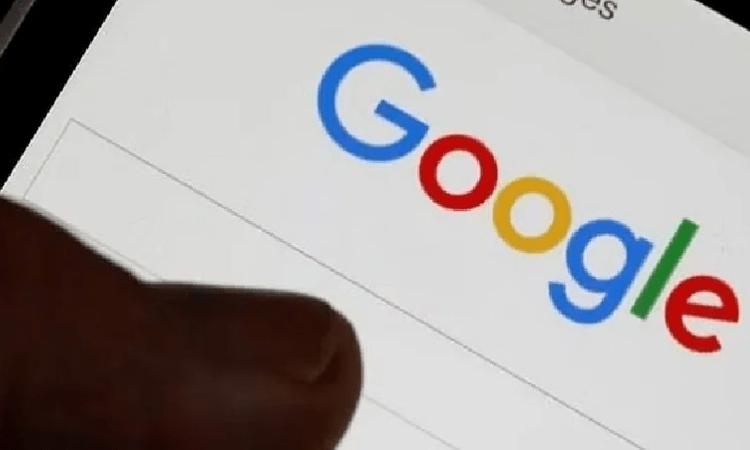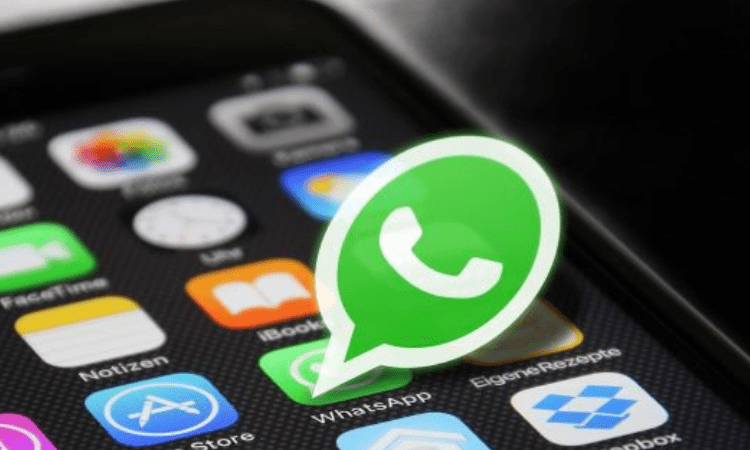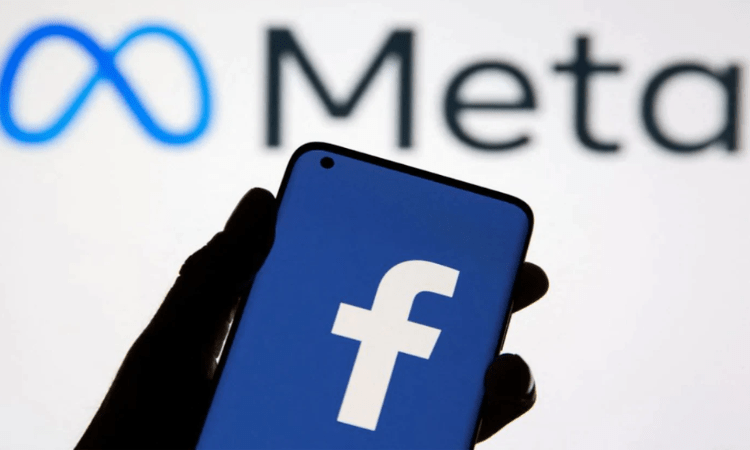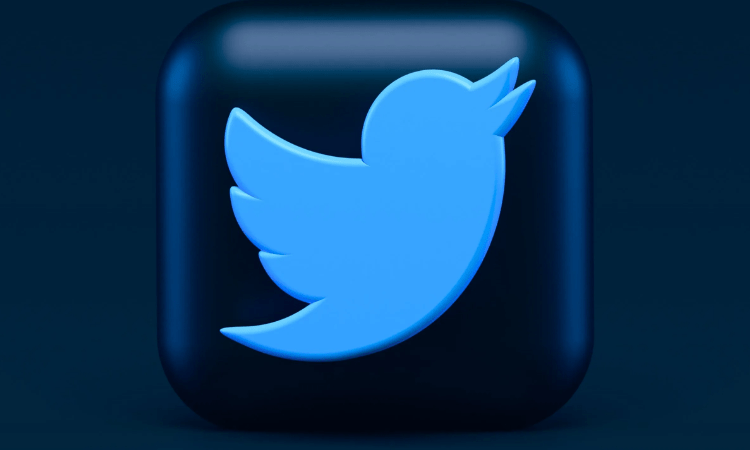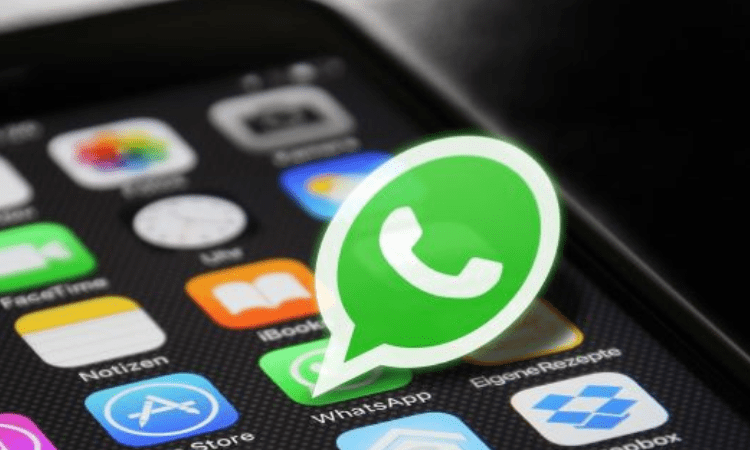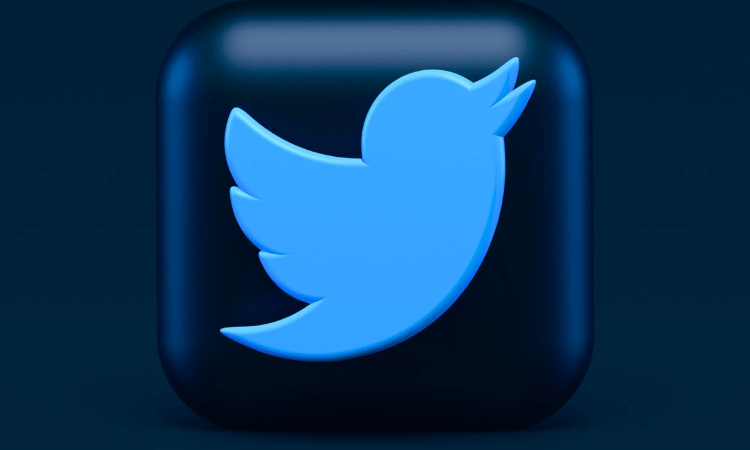The top men of rocket startup Skyroot Aerospace have their roots in the Indian Space Research Organisation (ISRO).
On Friday, Skyroot Aerospace etched its name in the annals of Indian space history by becoming the first domestic private company to develop and fly a rocket.
Though there were some who had doubted private companies making rockets, the pedigree of the people at Skyroot Aerospace proved them wrong.
The Hyderabad-based rocket startup was founded by Pawan Kumar Chandana and Naga Bharath Daka in June 2018. To date, the company has raised Rs 526 crore in funds and has about 200 employees.
Incidentally, the two founders are from the Indian Institute of Technology (IIT) – Chandana from IIT Kharagpur and Daka from IIT Madras.
Chandana, a B.Tech in Mechanical Engineering and M.Tech in Thermal Science and Engineering worked with ISRO’s rocket-making center Vikram Sarabhai Space Centre (VSSC) in Thiruvananthapuram for nearly six years – from 2012-2018.
In 2018 he co-founded Skyroot Aerospace.
“Doing rocket science for a living has filled my last decade with all the thrills and challenges one would ever aspire for. Grateful to my family, colleagues, investors, and all well-wishers for being an integral part of this journey… Super pumped up for the next decade,” Chandana said about his journey.
On his part, Daka describes himself as a “former flight computer engineer at the rocket center of ISRO. Designed and realized multiple avionics modules for Indian launch vehicles”.
At Skyroot Aerospace, he leads operations, avionics.
For about three years (2012-2015), Daka worked at the flight computers group, avionics, at VSSC. In 2015 he joined Xilinx as Senior Product Applications Engineer.
And in 2018, he cofounded Skyroot Aerospace along with Chandana.
The duo also brought in Padma Shri awardee and liquid propulsion expert V. Gnanagandhi. Gnanagandhi was also with ISRO and is an expert in the cryogenic engine.
For the rocket’s solid fuel, Skyroot Aerospace brought in another ISRO expert, V.G. Eswaran, former project director of the world’s third largest solid fuelled rocket stage.
To check the quality systems, the company roped in S. Selvaraju, former Director at the Directorate of Systems Reliability & Quality, ISRO. He has checked the quality systems for over 50 rocket launches of ISRO.
As regards the research and development and strategic initiatives, Skyroot Aerospace has another former ISRO hand – C.V.S. Kiran. A material scientist, Kiran has about 16 years of experience across academia and industry, including at the Karlsruhe Institute of Technology, in Germany.



